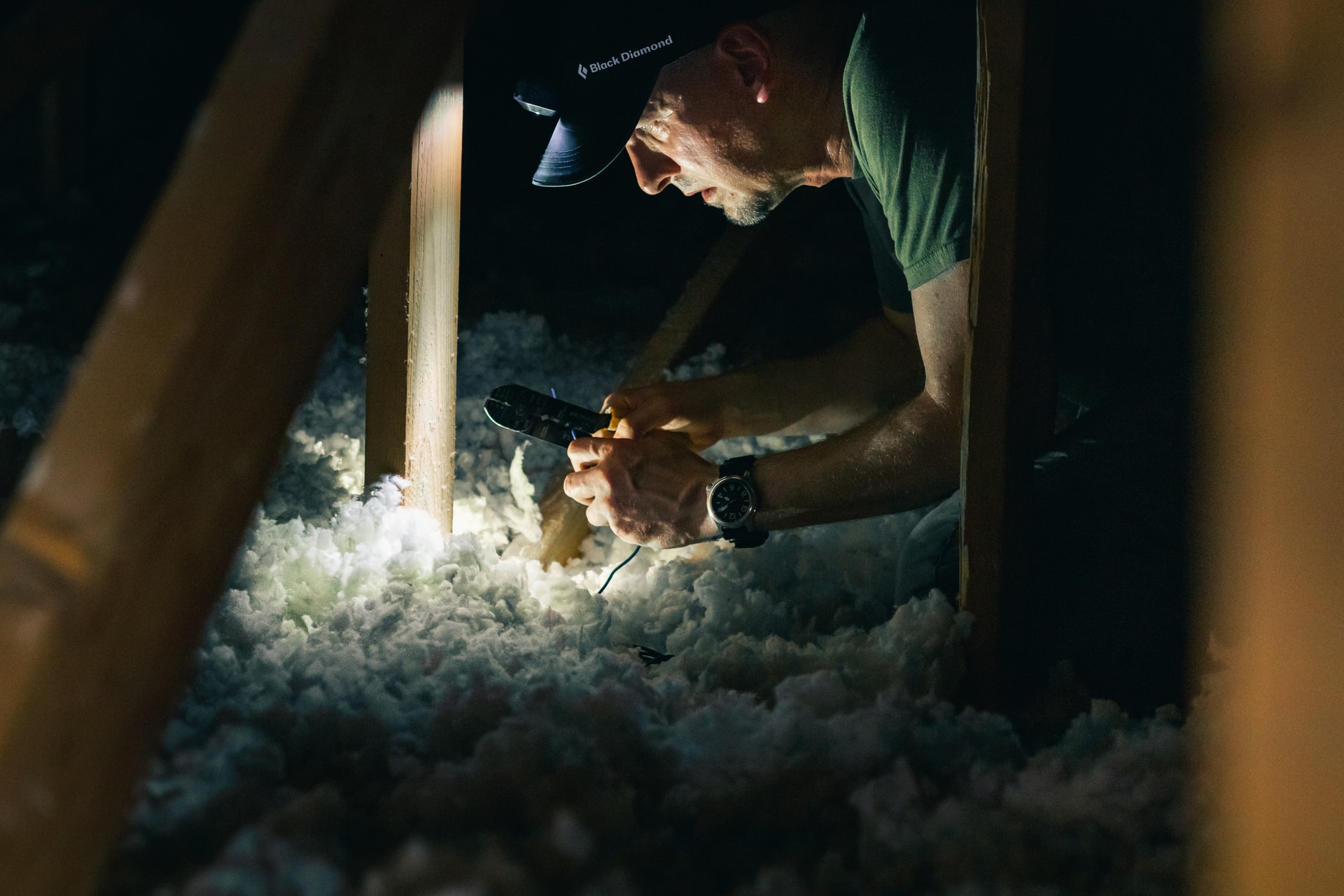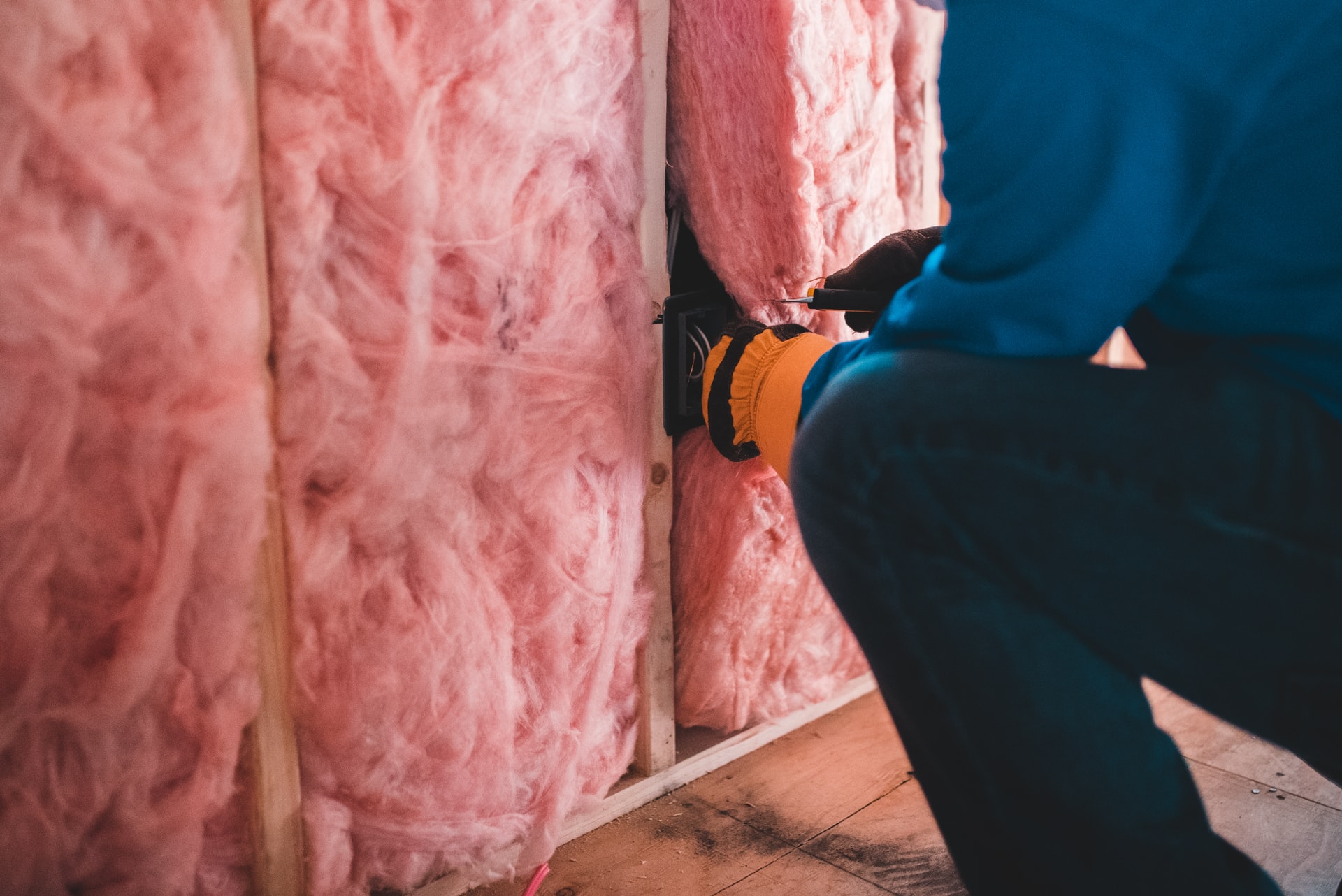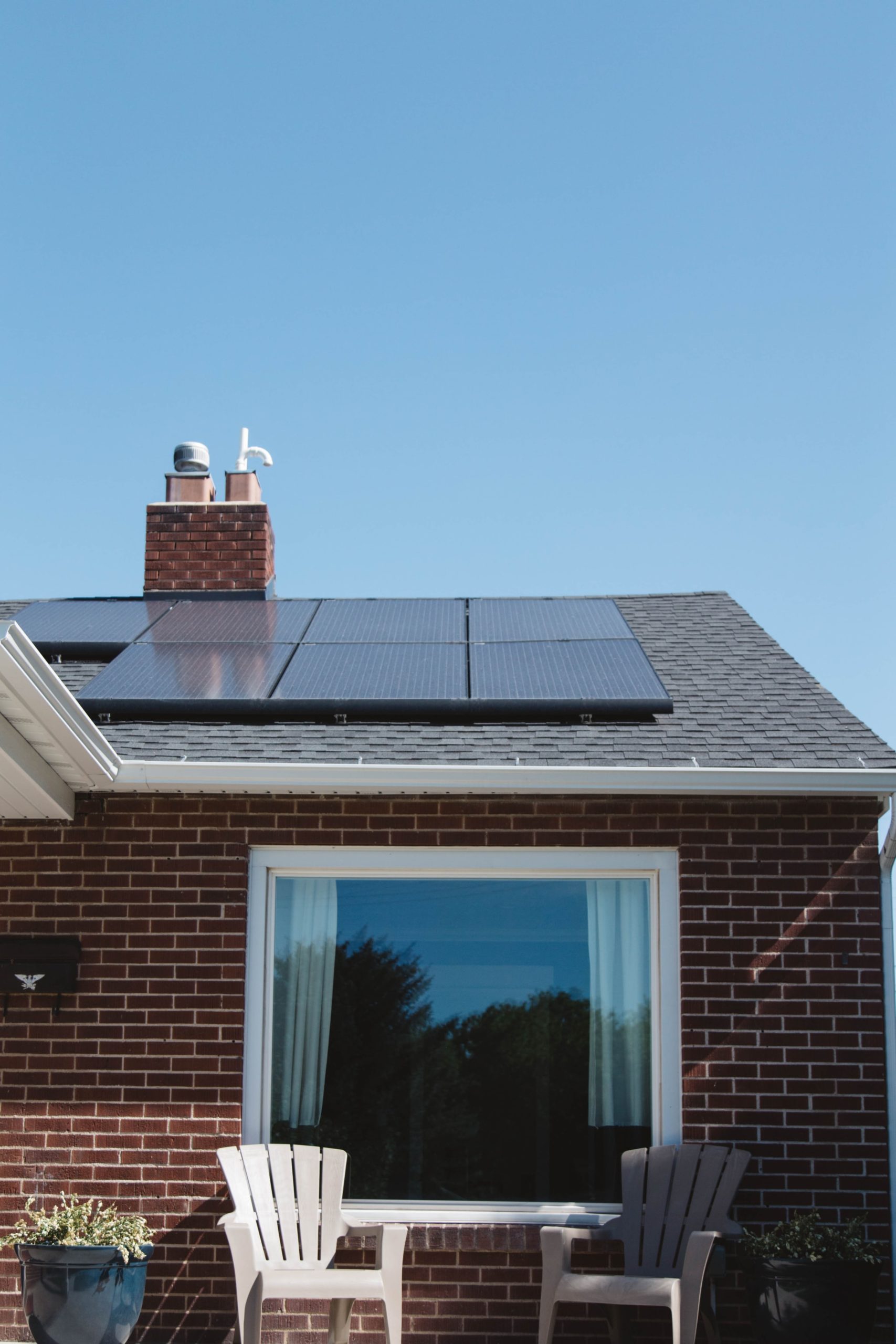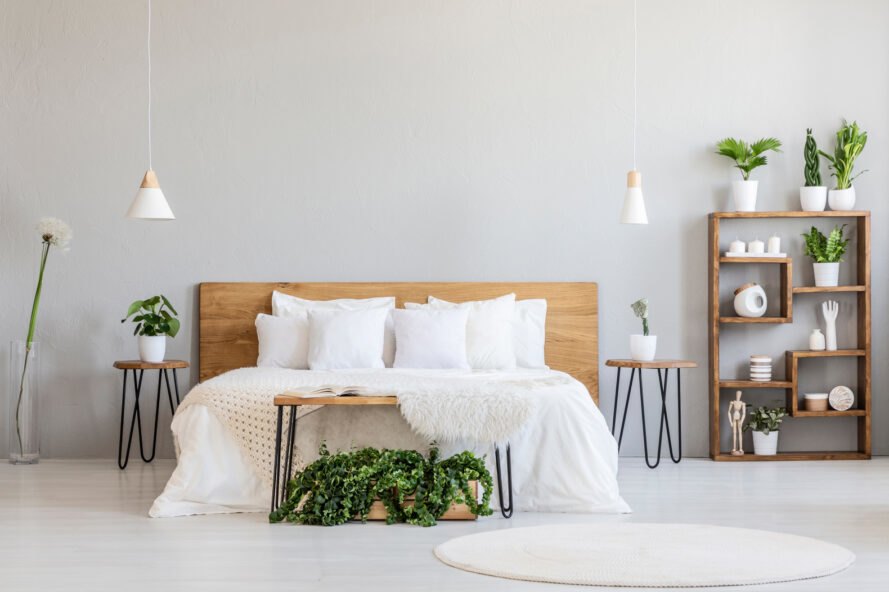Discover 4 simple and effective tips to save on heating (temperature control, radiator cleaning, ventilation…). To keep the whole house warm, even on the coldest winter days, it must be heated continuously. But many mistakes are made when it comes to heating, which can lead to unnecessarily high energy consumption. With our “smart” tips, you will not only save on energy and heating costs, but you will also protect the environment.
There is no shortage of heating tips. But most of them are so complex that they’re hardly worth mentioning. Our 4 tips, on the other hand, are very simple to implement and extremely effective. Once you’ve learned them, these tips will provide you with many benefits (comfort, energy savings).
1. Heat the rooms differently according to your needs
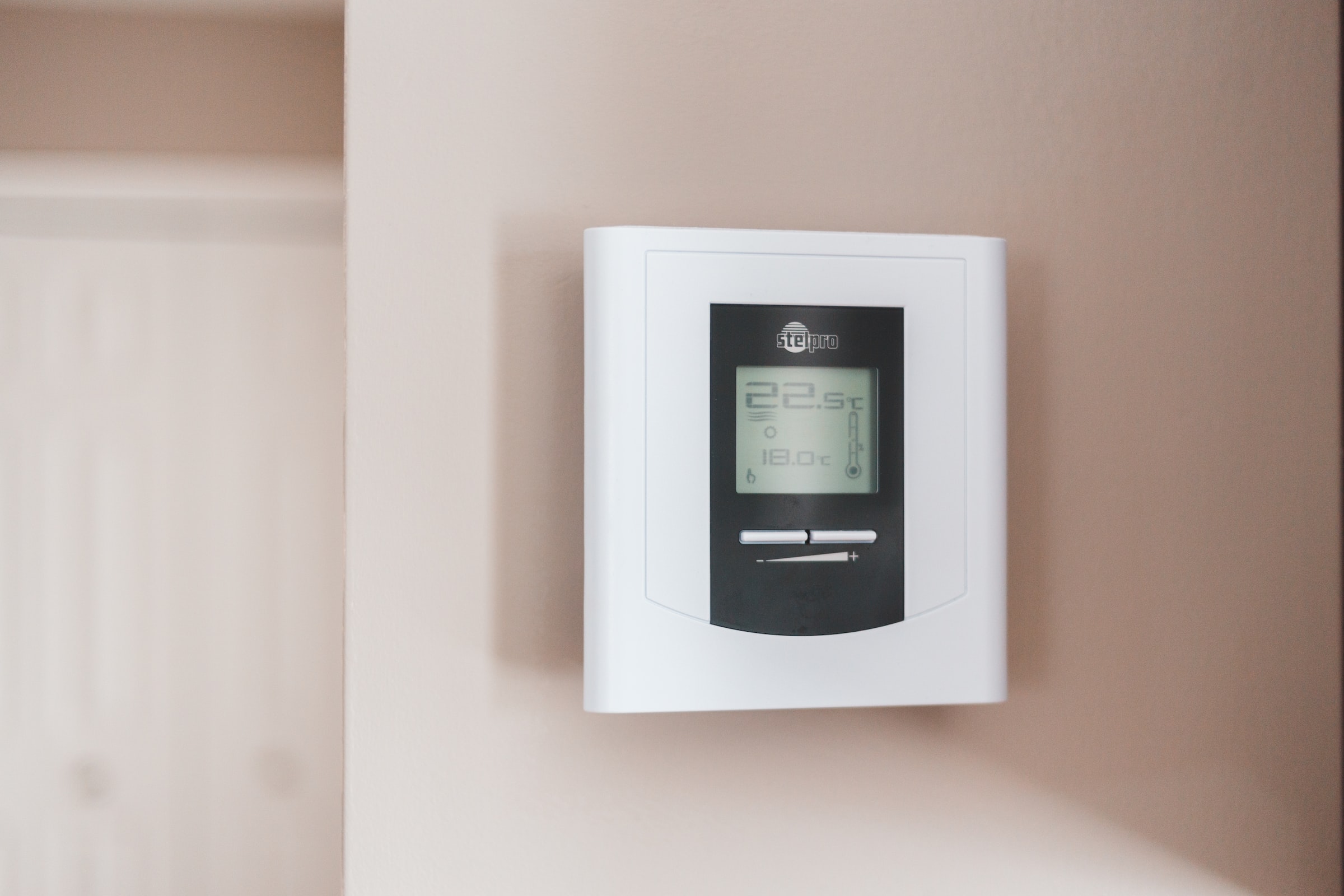
One of the first pieces of advice regarding heating is to heat the rooms “at the right temperature”, sometimes with some differences. The recommended comfort temperature in the living room or dining room is between 20 and 22°C. At this temperature, heating costs remain under control, and the room does not cool down too quickly.
It’s a little different for the kitchen. In this room, the optimal room temperature is between 18 and 19°C. The reason for this is that there are other heat sources, such as the oven or stove, which also emit heat. Therefore, this room should be less heated. The recommended room temperature is also between 18 and 19°C in the bedroom. It is true that there are no additional sources of heat in this room, but you usually get under a blanket.
The children’s room and the bathroom, on the other hand, should be heated a little more. The following advice applies to the children’s room: when the children are still small, their room should be a little warmer. Whether the kitchen or the bedroom, these rooms do not need to be heated much all the time. Lowering the temperatures by just one degree Celsius can save up to 7% in heating costs!
2. Clean and clear the radiators
Now to the second part of our heating tips: people often place their furniture in front of the heater, either because of lack of space or because they prefer to sit near the windows. This is inefficient, as it leads to heat build-up, and the air cannot be distributed optimally in the room. If it is not possible to place the furniture elsewhere, you should maintain a distance of at least 20 centimeters between them and the heater. Even curtains that partially or completely cover the radiators cause unnecessary energy consumption and hinder the proper distribution of heat in the room.
The third tip is often overlooked. Over time, dust accumulates on the chest of drawers and the television, but also on the radiators. This is not only unsightly but also has a negative impact on heating performance. The dust has an insulating effect and reduces heating efficiency. In addition, airborne dust has a negative impact on the atmosphere of the room, which can be uncomfortable for people with allergies. Generally, a damp cloth is all that is needed to remove the dust from the radiators. To clean the interstices of finned radiators, it is advisable to use a slatted brush.
3. Heating properly when you are away
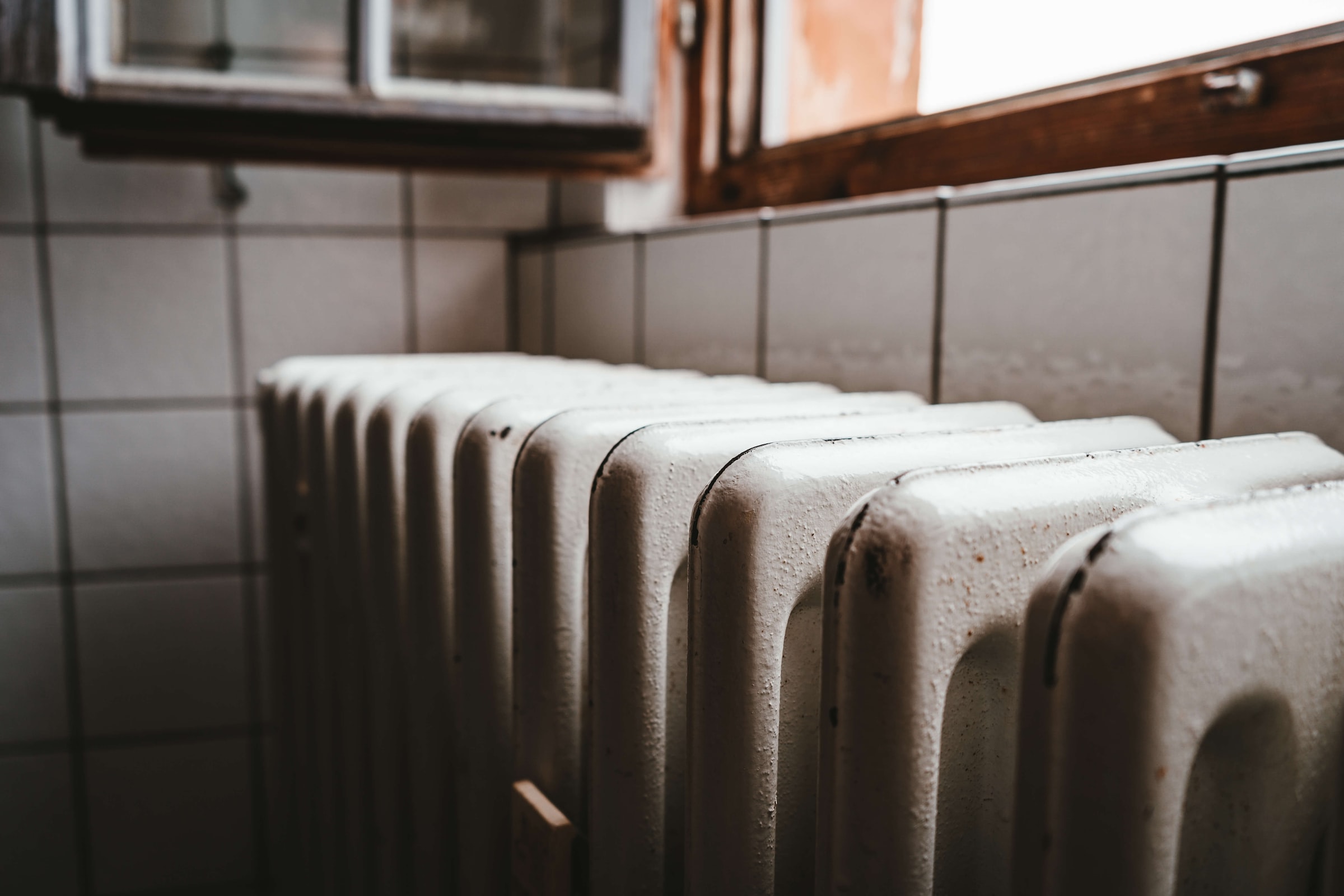
One of the most frequently mentioned heating tips is to heat the rooms when you are away. Most consumers turn off their heating when they are away. They want to save energy and money, but the opposite is true. When a heater is turned off for an extended period of time, the house cools down, and it takes a lot of energy to heat it back up. In the worst cases, there is a risk of mold. It is, therefore, advisable to leave the heating on continuously at a low setting. If you are away for a long time, a temperature of 12°C is sufficient to prevent the house from cooling down completely. If you are away for the weekend, the radiators can be set to about 15°C.
4. Ventilate well
Good ventilation is a prerequisite for efficient heating. And this does not only apply to the kitchen, where a lot of food is cooked, and there is a lot of humidity. An adult produces several liters of water per day through evaporation. For a family of four, this is a significant amount. To avoid mold, it is, therefore, advisable to ventilate three times a day. A common mistake in thinking about ventilation is to think that by tilting the windows, less heat will be lost to the outside. Repeated ventilation is much more effective. Windows should be left fully open for 4 to 6 minutes to allow moisture to escape.
In the fall, when temperatures have not yet dropped below zero, windows can be left open for 10 to 15 minutes without any problem. Of course, the warm air also escapes. The floor, furniture, and walls do not cool down completely during this short time. It is, therefore, not necessary to heat them again.
It is advisable to open two windows facing each other to create a draft where possible. During ventilation, the radiators should be turned down. Proper ventilation is one of the most important heating tips. It prevents the formation of mold and also ensures better air quality in the house.
Looking for help?
With over 25 years of experience in the HVAC industry, Coretemp Heating And Air Inc. is a well-established family-owned company specializing in installing and maintaining heating, ventilation, and air conditioning solutions for residential applications. They offer their services in Mississauga, Toronto, Burlington, and the surrounding areas.
They promise that once you’ve experienced our 24-hour service and the associated quality, you simply won’t turn to anyone else to keep your house comfortable! So, what are you waiting for? Give them a call today or visit their website for more information about their services!

